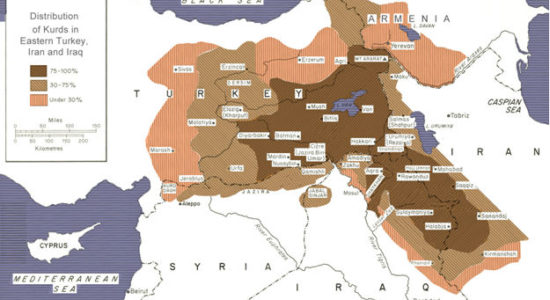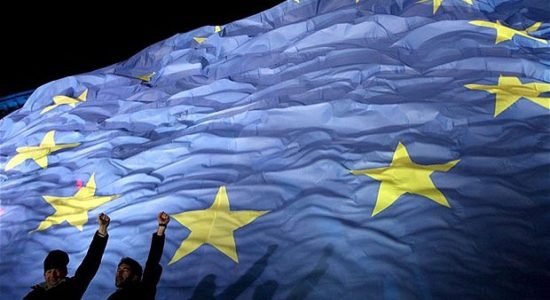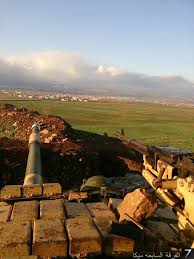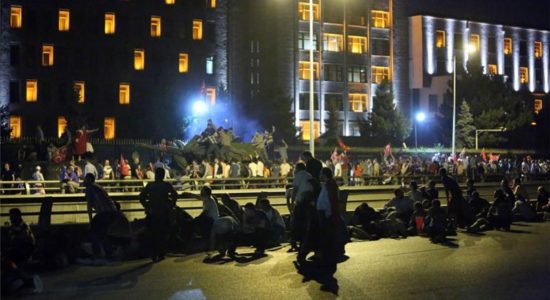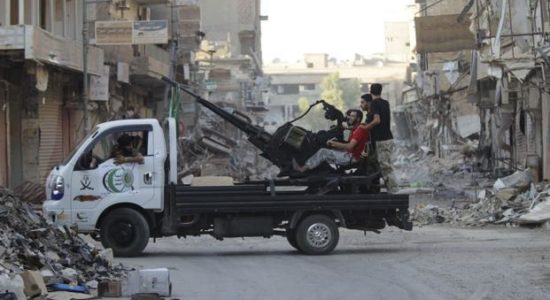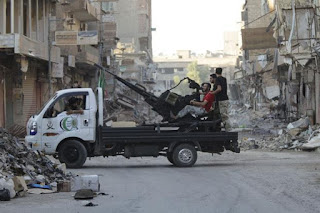Constructive criticism helps improve performance
The state of perpetual crisis and ongoing security risks in the Middle East over the last six years has put a lot of stress on internal security services across the region.
Jordan, in particular, continues to face extraordinary internal security challenges from the fall of Iraq in 2003 and the Syrian crisis has only increased the pressure and strain on the Jordanian security system.
With no end to these challenges in sight, the load and pressure is only going to increase and given the dynamic nature of the situation could evolve and change at any time.
With the security services on full alert 24 hours a day, 7 days a week, the pressure on the system and individual personnel can impact performance and the capacity to cope and respond to the increasing levels of crime and the heightened risk of terrorism.
Without advocating any policy, it is important to acknowledge that this kind of pressure is bound to result in some mistakes being made. It is also important to acknowledge that individuals who are putting themselves in harms way to protect our society are doing their best in an extremely difficult situation.
Individual mistakes are not necessarily the result of incompetence, nor are they indicative of a fault in the system.
While the system should, and does learn from its mistakes to identify ways to improve the system and maintain our safety, security is not the only challenge the Jordanian state is currently facing. There are also huge political challenges, which include protecting, strengthening and improving Jordanian institutions to face down these challenges during a turbulent time in the region.
Security is clearly the priority of most countries in the region at the moment and in Jordan the security and military establishment have played and continue to play a key role in maintaining internal peace.
We must acknowledge the effort and the successes, we must be careful to focus on constructive criticism, which strengthens our country versus those that seek to destroy our system. We must focus on improving the system rather than seeking revenge.
Mistakes do not diminish the successes of our system in maintaining our security and they must not be used to characterize the institutions that are integral to our continued way of life.
When mistakes are made, there should be a pragmatic approach to identify whether there is a need to improve our system and we must recognize when it is simply human error, made under duress. We are in a crisis and while punishment may make us feel better temporarily, it does not necessarily make us stronger, not does it make us safer.
We must learn from mistakes, where we can, to make our system stronger. But we must also remember that our institutions are the very system that are keeping us safe, and it is in everyone’s interest to protect them and make them stronger. Attacking our own institution for their mistakes, or even their limitations, is not in our interests, in fact it is in our enemies interests to do so.
There have been many reports of mistakes and scandals in international security systems. We must distinguish between human error, systems under intense strain and actual broken institutions. In all of these situations our priority must be to fix the underlying problem, improve and strengthen our institutions and support them in maintaining our safety. Surely that is the ultimate goal and measure of success.
Dr. Amer Al Sabaileh
amersabaileh@yahoo.com



